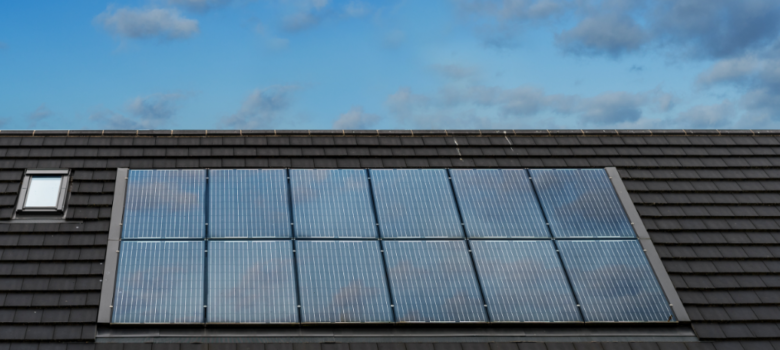
Are solar panels a fire hazard?
There have been a lot of scare stories put out by the press recently, riding a wave of raised anxiety following the Grenfell Tower tragedy. But are solar panels actually ever to blame for house fires? And if you have solar panels, should you be worried?
General expert opinion is that solar PV systems are no more of risk than any other electrical equipment – because they carry live wires, there will always be some risk, but this is negligible under normal circumstances. A very old, or very large, system will be most at risk, as will a damaged one.
What can cause solar panels to catch fire?
There are several technical reasons for solar panels causing house fires, but most of them boil down to the same (avoidable) root: poor installation, although natural hazards such as lightning, overvoltage and power surges can also play a role. Wrongly-specified, wrongly-sized, or faulty equipment can also be to blame. Although very rare, once fire has taken hold in a solar system, it can be very difficult to resolve.
Like any other electrical installation, photovoltaic systems are subject to electrical faults such as arc faults, short circuits, ground faults and reverse currents. Faulty connections or cable insulation breakdowns can also cause problems. If these things occur, they can result in hot spots that can ignite flammable material nearby. Incorrectly installed or defective DC/AC inverters have also been known to cause photovoltaic fires. Another possible, but rare, hazard is the voltage fluctuations created when excess electricity created by the solar panels is sent to the National Grid. These fluctuations have been known to cause malfunctions in electrical equipment, and solar PV systems are not exempt from this.
Another possible cause of fire is a DC arc. This is the most common cause of larger rooftop fires on commercial buildings, and can happen as a result of incorrect installation or problems in materials. A DC arc is a disconnection or fault in a current-carrying wire can cause an electric arc, which is a continuation of current flow through air, from one conductor to another, or to ground. Although arc flashes can occur with any electric installation, but solar PV systems are particularly sensitive to them because of the continuous DC current and the high currents and voltages involved. DC arcs do not self extinguish and they can reach temperatures as high as 3000°C. This is hot enough to melt metal, which can then fall and ignite nearby combustible materials. At the moment, there is no definite fix for preventing DC arcs, but you can lower the risk by ensuring quality components, correct installation and good maintenance.
Unfortunately, in any of the events above occur, fires can quickly spread because of the high combustibility of solar systems. Aside from the panels themselves, the frames, mounting systems, cables and boxes are often highly combustible.
What precautions should you take?
- It’s worth being picky when it comes to installing a solar PV system. Make sure you do your research when choosing an installer, and that they come with MCS accreditation, experience and recommendations.
- Don’t fall into the trap of buying cheap panels! These could be more likely to malfunction and cost you money and hassle in the long run. Choose MCS-certified solar panels and ask your installer what they can do to mitigate risks at the installation stage.
- As well as the modules, the mounting system and frames should be non-combustible too.
- Systems should be regularly checked for damage from rodents and other pests, as holes gnawed in cables can cause problems.
- Routine testing, service and maintenance should keep you out of trouble, and if there’s anything that doesn’t look right to you, don’t hold off asking an expert!
So, are solar panels safe?
Yes, in almost all cases. Fires from solar panels are not impossible, but they are very rare. Properly-installed and maintained solar panels should pose no more threat than any other electrical home appliance. Talk to your installer if you’re worried!
Think we missed something? Do you have a different opinion?
Comment below to get your voice heard…
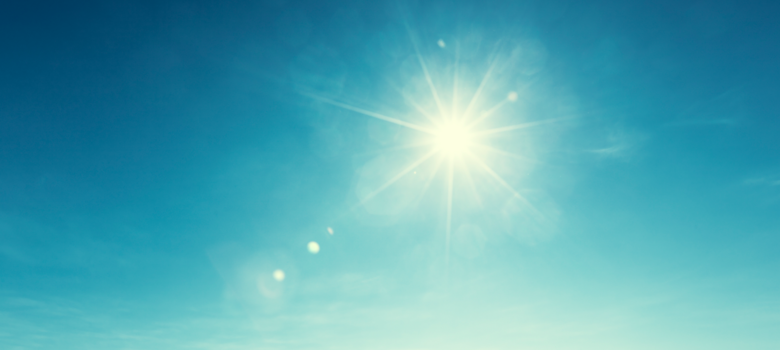



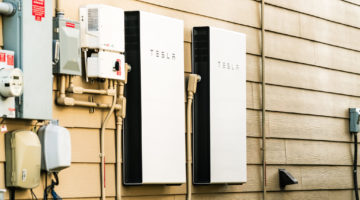
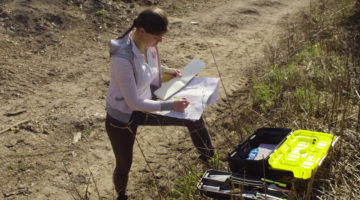
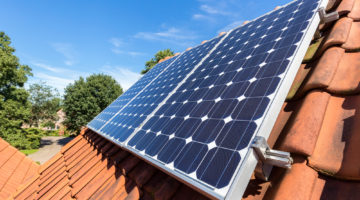
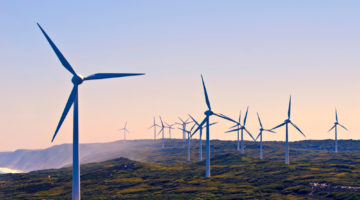





Enjoyed the integrity in Greenage “Call Solar Panels Catch Fire” August 24, 2017
FYI a US Company has received an award for an affordable and easy to install product that prevents a DC arc long before it strikes.
I was visited by a representative from EMS last week who advised that I should have a Stop Cap fitted by my solar Panels in case there was a fire in the area of the 12 panels. This will cost £1,545 an expense I wonder if it is absolutely nessary. This is the first time that the subject of fire has ever been mentioned . I have had the panels for six years. As I have been misled a few times in other matters I am very wary now. I would appreciate your reply . The rep is going to call me on Wednesday morning at 9.00s. Thank you for your anticipated response. Gladys Webster gladyswebster@sky.com